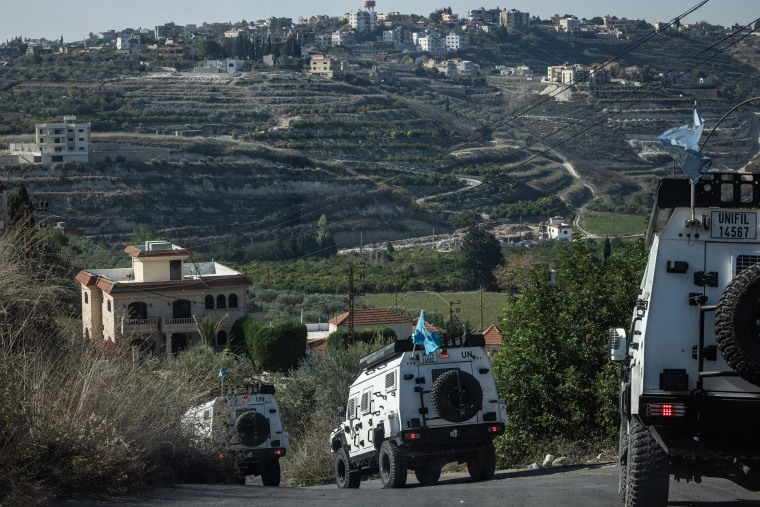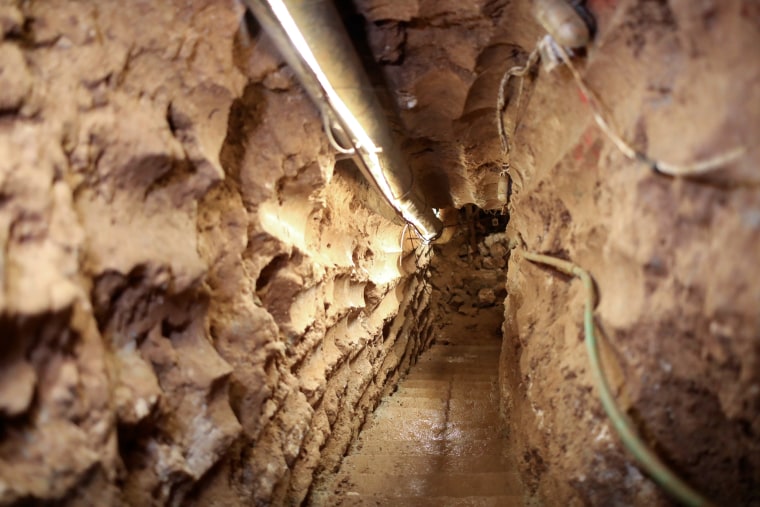The full deployment of the Lebanese army, together with the reported U.S.-French mechanism and a full implementation of 1701 would make it more likely that the ceasefire would succeed, Tenenti added.
Israeli Defense Minister Israel Katz placed responsibility for enforcement on the Lebanese government, stating it needed to authorize its army to act against Hezbollah or face a broader war than before.
“If up until now we have distinguished between Lebanon and Hezbollah — this will no longer be the case” in the future, he said.
‘Never eradicated them’
Retired Israeli Brig. Gen. Assaf Orion, a former military liaison to UNIFIL and the Lebanese army from 2006-2015, is among those who’ve been skeptical from the start about the ceasefire’s lasting power.

“Hezbollah was resolved to go ahead and to weaponize the south. We never eradicated them in 2006 and they built on that — maybe tenfold,” he said, referring to the end of the 2006 Lebanon War and Hezbollah’s burgeoning strength then.
So it is difficult to trust an agreement that places enforcement in the hands of the Lebanese security forces, which already failed the first time around, said Orion, who is a senior fellow at The Washington Institute.
Among the difficulties, both he and Tenenti said, were legal restrictions that prevented the Lebanese army from searching private homes.
Hezbollah tunnels crossing into Israel were discovered in 2018 and 2019 in southern Lebanon, After entering southern Lebanon in October during the current conflict, the Israel Defense Forces said it found additional Hezbollah tunnels in the border area and confiscated some 25,000 explosive devices, drones, anti-tank launchers and missiles, rockets and anti-aircraft missiles. Multiple U.N. reports described the buildup but did not quantify it. Hezbollah itself boasted of its arms and tunnels large enough to house fighters and arms, even publishing a video of such an underground arms and military facility.

The Lebanese army declined to comment on this story, and referred NBC News to government officials.
Retired Maj. Gen. Yaakov Amidror, a former Israeli national security adviser from 2011-2013, told NBC that ultimately he believed that the effective enforcement would be the IDF’s ability to continue to strike at Hezbollah to prevent an arms buildup.
“This is the only way it can work,” said Amidror, who is a fellow at the Jerusalem Institute for Strategy and Security and the Jewish Institute for National Security of America.
Secretary of State Antony Blinken appeared more confident that the truce would last.
“The ceasefire is holding,” he told reporters Wednesday, emphasizing the importance of an effective U.S.-French process to deal with violations, the absence of Hezbollah from southern Lebanon and an empowered Lebanese army. “Fundamentally, both parties, that is to say, Israel and Hezbollah, through the Lebanese government, wanted and continue to want the ceasefire.”